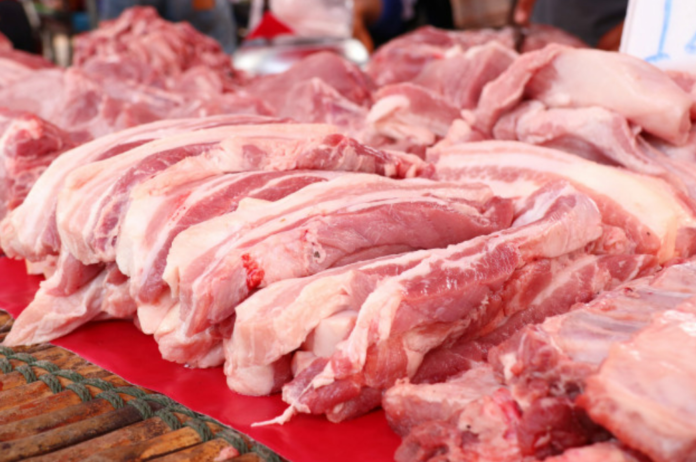The Meat Importers and Traders Association (MITA) has expressed concern about the declining amount of meat coming from other countries, pointing to rising production costs and the ongoing risk of African swine fever (ASF).
Emeritus President of MITA Jesus Cham expressed worries to the Inquirer on the decreasing possibilities for supply and the possibility of higher landed costs if nothing changes.
The Philippines imported 273.6 million kilograms of meat in the first quarter of this year, up 3.1% from 265.5 million kg during the same time last year, according to the most recent data available from the Bureau of Animal Industry.
Cham issued a warning, though, saying that the early surge in imports might be related to importers’ expectations of strong Christmas sales and the need to restock.
MITA is concerned about future supply issues with pork because of a number of factors that affect importers.
The group voiced concerns following the Department of Agriculture’s decision to postpone the distribution of pork, which was initially planned for January, and to suspend the minimum access volume (MAV), a tariff quota that allows importers to bring in specific items at reduced tariff rates.
MITA pointed out that while the government has accredited a number of meat facilities in Brazil, Hungary, Germany, and Poland, several basic goods like hog loin, belly, and boneless leg and shoulder cuts were not on the import list.
Cham emphasized that decreased output has resulted from the use of ASF outside and subsequent country prohibitions, further taxing the supply and driving up prices.
Furthermore, if the US currency continues to strengthen, it may have an effect on the landed cost of imports, raising consumer prices.
To effectively battle inflation, MITA recommended policies to President Ferdinand Marcos Jr.’s economic managers. These included enlarging the MAV for pork and poultry and maintaining low tariffs on pork for the remainder of the current administration, or at least two years.
Almost half of all meat purchases made in the first quarter came from pork, which continues to be the most popular meat product. Demand for pork increased by 11.9% during this time.




